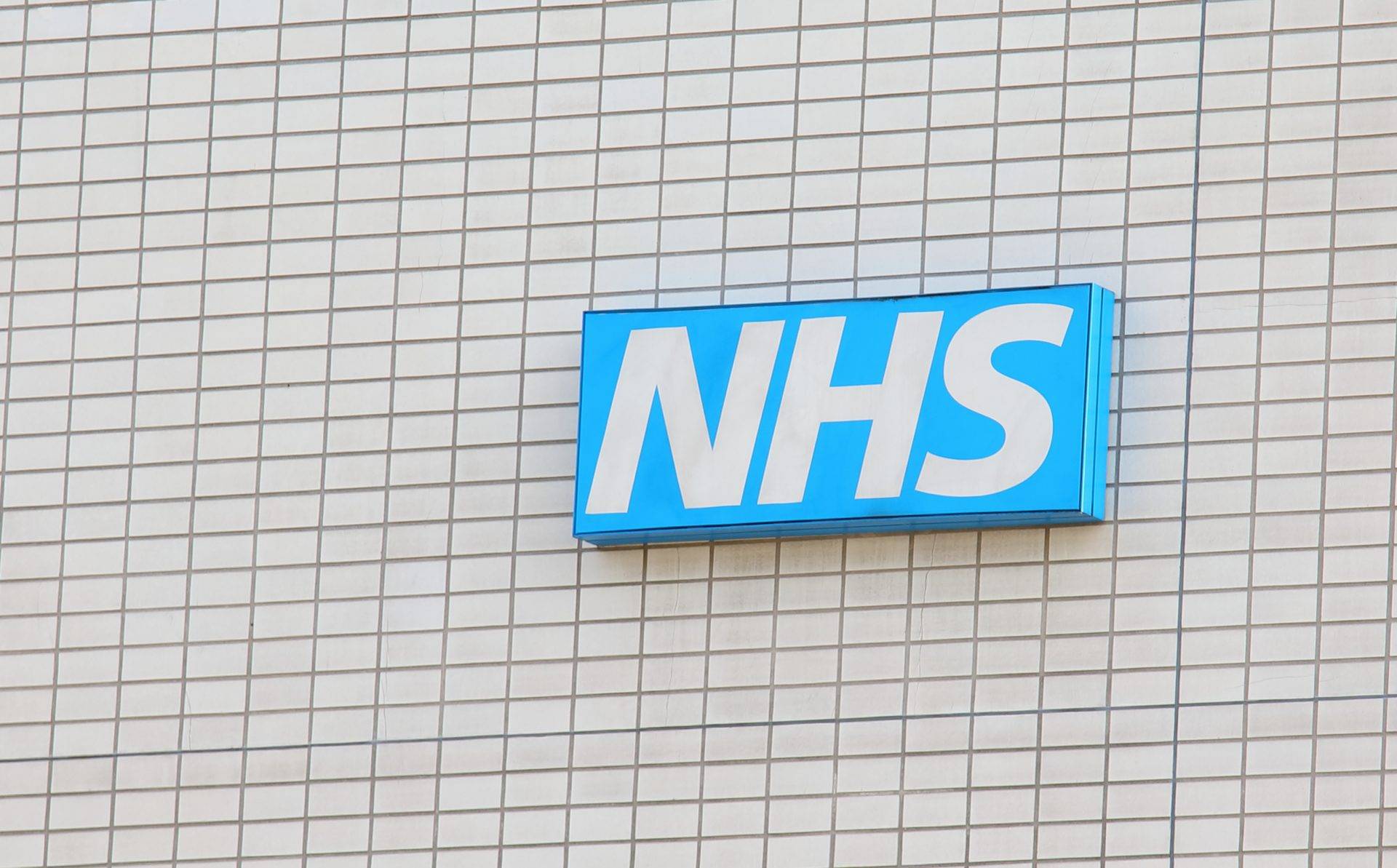A recent study by Bristol University has said that there are differences in how well patients with hip fractures are cared for by hospitals in England and Wales.
It found that multiple hospital organisational factors are associated with adverse patient outcomes post hip fracture. It says that, in some hospitals, one in 10 people died within a month of surgery, which was more than three times worse than in the best hospitals.
The study found that some hospitals managed to get hip fracture patients home 12 days after surgery, on average, while other hospitals had stayed for hip fracture patients for more than a month.
Researchers said that there are three main things hospitals should do to provide better care:
- Get patients to surgery within 36 hours of being admitted to the hospital;
- Get patients back on their feet with physiotherapy the day after surgery; and
- Hold staff meetings to discuss feedback from patients.
According to the researchers, if 90% of hip fracture patients got out of bed the day after surgery, those patients spent two days fewer in hospital compared with hospitals that took longer. Meeting this aim would save around 16,500 bed days a year in England and Wales.
The study, of more than 170,000 patients in 172 hospitals, was led by Professor Celia Gregson, who said:
“The fact that some hospitals discharge patients into the community without knowing when follow-on care might start is a sad reminder of how disjointed hospital and community services can be across the country…A lot of it is how the hospitals are set up…Strong leadership is needed – and the right people to drive the improvements.”
Versus Arthritis, which funded the study, said that the research highlighted:
“The worrying state of care for older people who break their hip….Quality of care…is a key indicator of whether we’re getting older people’s care right in general. This research suggests we are not.”
Comment
Elderly patients are some of the most vulnerable in the healthcare system. Ensuring their care is consistent across the board, and of the same high quality wherever they are located is paramount. Whilst hip surgery is clearly major and complex surgery, it should not be the case that people are dying simply due to the hip fracture care in their area being slower than somewhere else in the country.
The study highlights areas for focus that hospitals can use to ensure that improvements are made. This is going to be hugely important to process and act upon to ensure patient safety.

How can we help?
Danielle Young is a Legal Director in our Medical Negligence team, which has been ranked in tier one by the independently researched publication, The Legal 500.
If you have any questions in relation to the subjects discussed in this article, then please get in touch with Danielle or another member of the team in Derby, Leicester, or Nottingham on 0800 024 1976 or via our online form.
Contact usIf this article relates to a specific case/cases, please note that the facts of this case/cases are correct at the time of writing.


